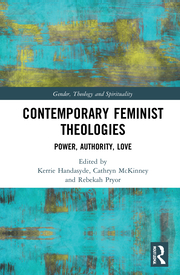 I've been very glad to contribute to this series of essays on Contemporary Feminist Theologies, with such a distinguished and lively group of contributors. My own essay is on the need for supporting trans theological voices and their/our emerging insights - 'From footballs to Matildas?' Overall, this book explores the issues of power, authority and love with current concerns in the Christian theological exploration of feminism and feminist theology. It looks particularly at issues such as embodiment, intersectionality, liberation theologies, historiography, queer approaches to hermeneutics, philosophy and more. With thanks to the Australian Collaborators in Feminist Theologies. More about the book here.
0 Comments
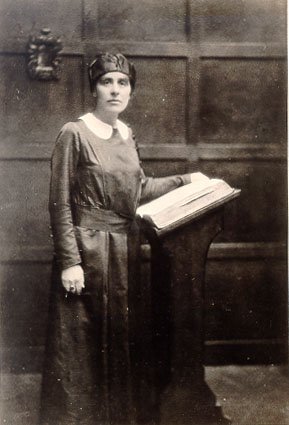 I’ve been happily reminded recently that, in moving to share ministry with Pitt St Uniting Church in Sydney, I follow in a few footsteps of one of my great heroes, Maude Royden. A leading first wave feminist, internationalist and peace advocate, among many other things, Maude started the Anglican ordination of women campaign. Prevented from preaching, she then became an assistant minister at the prominent City Temple (Congregationalist church) and was also the first Anglican woman to lead a church (an ecumenical fellowship she founded at The Guildhouse, also in London). In her worldwide speaker tours, she drew huge attention, with massive numbers - including packing Pitt St way over capacity, with lines and lines of people locked out down the street (a similar feature repeated at the one Anglican Church in Sydney which had the courage to invite her). Laura Rademaker provides a very good reflection on Maude’s impact on Australia (particularly in the challenge she was to existing ideas of sex and women) - check out ‘Sex in the pulpit: the feminist preacher for Aussie flappers’ on the Australian Women’s History Network webpage, and her fuller article ‘Religion for the Modern Girl’’ in Australian Feminist Studies (2016)). My own online tribute to Maude is in the link here, picking up on one of my favourite passages in Maude’s writings, where she speaks of ‘the great adventure’ of Christ and faith, contrasting so starkly with the deathly ‘activity’ which often passes for life in churches. To follow Christ is the invitation, she said, but: “Would it be safe? No, of course it would not be safe… we are afraid of such risks, afraid of such a terrible victory (as Christ’s)… we treat the Church as one long accustomed to ill-health. Do not open the window! Do not bang the door! You cannot take risks with the invalid. Step lightly, speak softly, at any moment the poor thing might die!” We, like Maude, can do do much better - in our lives, our world, and even in churches :-) Whoops! In downsizing, I nearly discarded my Ph.D research notes - containing so many first-hand accounts of first wave Christian feminists - even now they bring tears of sorrow, admiration and joy at their amazing courage, resilience and achievements. The blue boxes too are full of the names, brief bios, and references to key speeches, articles and acts of so many different women, and some men (even clergy), from across faith and other backgrounds - I tend to call them my ‘cloud of witnesses’: part of the real ‘apostolic succession’ and historical genealogy of those who have passed the torch of love and liberation. #standingontheshouldersofgiants #shouldertoshoulder #passiton
One of my great theological heroes is Virginia Ramey Mollenkott, who sadly died recently. Virginia was such an inspiration to me over the years - beginning from when I was ridiculed by male students at theological college for promoting her landmark book on the Divine Feminine - apparently they couldn’t think of ‘images of women’ except pornographically (and ours was a ‘liberal’ college)! Later, her work Omnigender, and her own gender identity journey, was important in my own realisation of my authentic gender. In this short video she speaks of aspects of her feminist journey, as she accepts the first Mother Eagle Award (to the 2017 Gay Christian Network Conference). The Mother Eagle Award is presented jointly by Christian Feminism Today and the Gay Christian Network to honour women who have taken the lead in courageously advocating for LGBTQIA equality in Christianity (for more information, please visit https://eewc.com/mother-eagle-award/.) Virginia's message is an enduring one which I strongly echo: ‘Please, please, transcend your fear. Work with me and the cosmic Mother Eagle in the creation of social justice, stirring up our best, fluttering over our young, and spreading our broad wings’ One of the most encouraging aspects of the Australian theological scene is the work of the Australian Collaborators in Feminist Theologies. Based at the University of Divinity, Melbourne, this vital network has considerably inspired and supported me in recent times and will, I hope, continue to grow in strength and influence. Personally I am thankful to this project and its leaders to have an essay (entitled 'From Footballs to Matildas? - Gender Diverse People and Theological Game Change') included in the forthcoming book Contemporary Feminist Theologies: Power, Authority, Love - part of Routledge's 'Gender, Theology and Spirituality' series. I am also pleased to share in the Horizons series of online conversations which the Collaborators run on a monthly basis. This month, I am myself a focal point, chatting with Dr Cath McKinney about intersectionality, not least the challenges and opportunities of gender diverse people within feminist developments (link to event here). Here below - and at this link - is a short reflection to stimulate thought and discussion...
I was thrilled recently to meet with the amazing (Snaggletooth Productions) duo Erin McBean and Holly Zwalf (also, among other things, coordinator of Rainbow Families Queensland). They were interviewing me for the State Library of Queensland's Dangerous Women podcast project, which will highlight six women's stories. I am honoured to be one of these, recognising that for some I am 'dangerous', though I have never sought any such epithet, and I hope that something in my journey may help others in shining creatively. This is certainly the aim of the State Library. As has been shared with me:
'All of our Dangerous Women are compelling, bold, determined and dynamic and we hope that in sharing their stories they will empower listeners to share a deeper understanding of themselves and Queensland. We have selected stories of three women from our heritage collections, and two women with contemporary aspects, yourself included. We have employed the expertise of Snaggletooth Productions, an all female production company to produce and host the podcast'. I hope to share more about the project as a whole as it unfolds. There are three key features however which have emerged for me which have strengthened my views (born of my life experience and my studies of women's history) of how 'dangerous women' who deliberately create positive change, or unwittingly represent positive change, come to flourish... 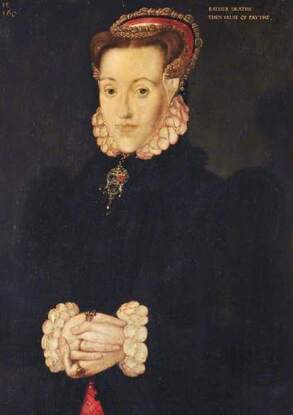 Where do you find feminist religious inspiration when you need it? Sometimes the answer is hidden in plain sight. So it was for me at school. For I was involved with a number of social transformations at my local secondary school, including being part of the first year of the historic admission of females. This not only seemed a self-evident justice to me, but it was also a personal saving grace. Indeed, in my final two years, I was part of otherwise all-female classes for most of my subjects, bar one other male assigned student (in religious studies). Also, to the initial chagrin of some, our 19th century grammar school (founded in 1863 out of the medieval charity created by Thomas De Aston, a 13th century monk) two years later finally fully joined the modern world as a 'comprehensive' school: merging with the local 'secondary modern' school, whose pupils were traditionally divided from us by the selective examination known as the '11 plus'. At which point school 'houses' suddenly appeared, under the names of the well-known local Lincolnshire worthies Tennyson and Wesley; the explorers (Joseph) Banks and (Matthew) Flinders (actually much better known in Australia than in their homeland); the fearsome Hereward (famed indigenous resistance fighter against the Normans), and, more mysteriously, (Anne) Askew. Happily I was placed in her house, but who was this, to us, unknown woman? Sadly, I never really found out then. On asking, apart from guessing that she was the 'token' woman in the list, we were told she was martyred at the Reformation. 'Great', said most of the boys: 'not only do we not get to be associated with a fighter like Hereward, or at least an intrepid explorer like Flinders, but we get landed with a woman, and one whose claim to fame is being slaughtered.' Even the girls had sympathy with the latter affirmation. Yet, had we been given a richer explanation, we might have had a very different viewpoint. For, of all the Lincolnshire icons, it is arguable that Anne Askew was the greatest of all. She was not just a type of freedom fighter (like Hereward), an intrepid adventurer of the new (like Flinders and Banks), a poet (like Tennyson), or a model of renewing spirituality and freedom (like (the) Wesley(s)). She was all these in one, and she did it all as a woman to boot... 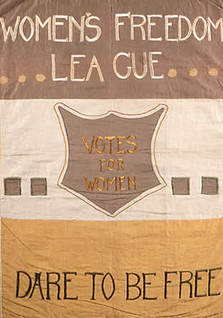 If the horrors of violence towards females across the world were not enough, this week's flurry of Australian sexism (Briggs, Dutton, Gayle et al), coupled with the serious New Year outrages in Germany, has rightly re-focused attention on the continuing need for feminist activity in the western, as well as wider, world. In that light, it is good to see the current film Suffragette. For anything which informs for the first time, reminds, or deepens, our awareness of the long feminist struggle is to be welcomed. Seeing Suffragette myself this week was thus duly encouraging. I have to say that I had been nervous about doing so. For the film's subject matter was core to my doctoral thesis Combating the 'sin of self-sacrifice': Christian feminism in the women's suffrage struggle 1903-1918 (available on-line here I recently discovered). Like most historians, a modern media portrayal is sometimes trying, even when directors have been assiduous in context and detail. With inevitable allowances for dramatic space and effect, and with some small but important qualifications, Suffragette however has done a very good job. Its lessons are certainly most valuable for today...  It ill behoves an Englishman, and an Australian citizen, to advise Scots how to vote on their future. How exciting it is however that this debate is happening, both for the future of England (and Wales and Northern Ireland) as well as that of Scotland. Which ever way the vote goes, Britain as a whole will never be quite the same - thank God - as the Scots reflect on what it means to look to a post-Imperial future, and, hopefully, encourage the rest of the British to do likewise. For it is good that the British PM David Cameron tells us that he has a heart, at least for some things which have been good about the United Kingdom's structure. Even better though if he were to have a real heart for those things which are at the core of this debate: the longing of people everywhere to be taken seriously for who they truly are; to claim freedom and full responsibility for their lives, their land, and all that lives within it; and to seek a people's vision based on values of genuine democracy, justice and care for all, including free and fair partnership with the rest of the world. Generations of heartlessness by the English elites towards the poor and marginalised throughout Britain (not least to the Celtic so-called 'fringe'), have led us to this pass. A 'United Kingdom' which is still essentially a Union of ancient Crowns can never be enough. With the Scots, the English (the Welsh and maybe many Irish too) also deserve a forward-looking 'Community of Peoples'. My own Scottish friends remain divided on how that may best be immediately furthered: is full independence a help or a hindrance? I sympathise with them in their dilemma. Yet whatever the outcome, they agree that it at least begins to engage Britain's contemporary, post-imperial, identity. So may the spirit of my greatest Scottish hero, James Keir Hardie, thus prevail... 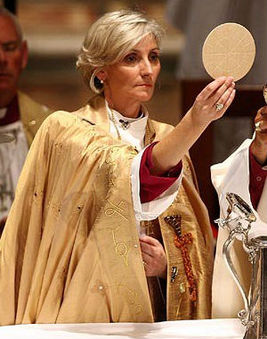 In its remarkably unhelpful article on the Church of England's belated decision to move for female bishops, Catholic Online (15/7/14) makes one of those knee-jerk denominational reactions which do little credit to the wisdom of its own tradition, never mind the complex truth and relationships of ecumenical life. As a leading Roman Catholic communication channel, it is a disappointing response and one which must, at the very least, make many Catholics cringe. Whilst the article rightly raises the ecumenical challenge contained in the emergence of female bishops in the Anglican Communion, it vastly overstates the continuing divisions, ignores the nuances and other positive dynamics of Roman Catholic ecumenism, and, above all, fails to understand that the journey of Christian unity is not a one-way street. Perhaps, like other instinctive Christian reactionaries, the author feels a sense of betrayal as the Church of England stumblingly implements a very Catholic principle of doctrinal development to help ensure historic Christianity remains credible and alive in the changed context of the contemporary world... |
AuthorJo Inkpin is an Anglican priest serving as Minister of Pitt St Uniting Church in Sydney, a trans woman, theologian & justice activist. These are some of my reflections on life, spirit, and the search for peace, justice & sustainable creation. Archives
July 2024
Categories
All
|
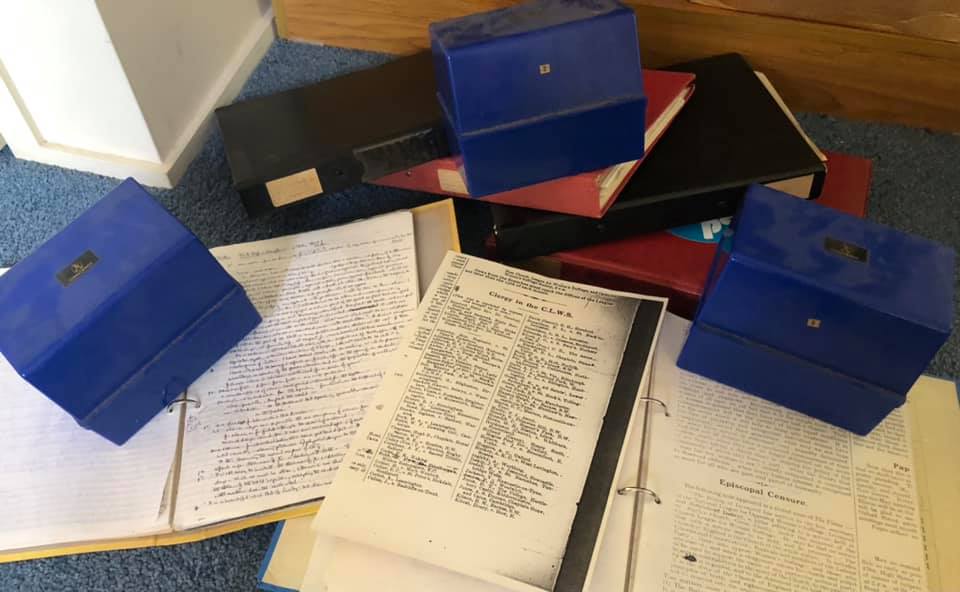
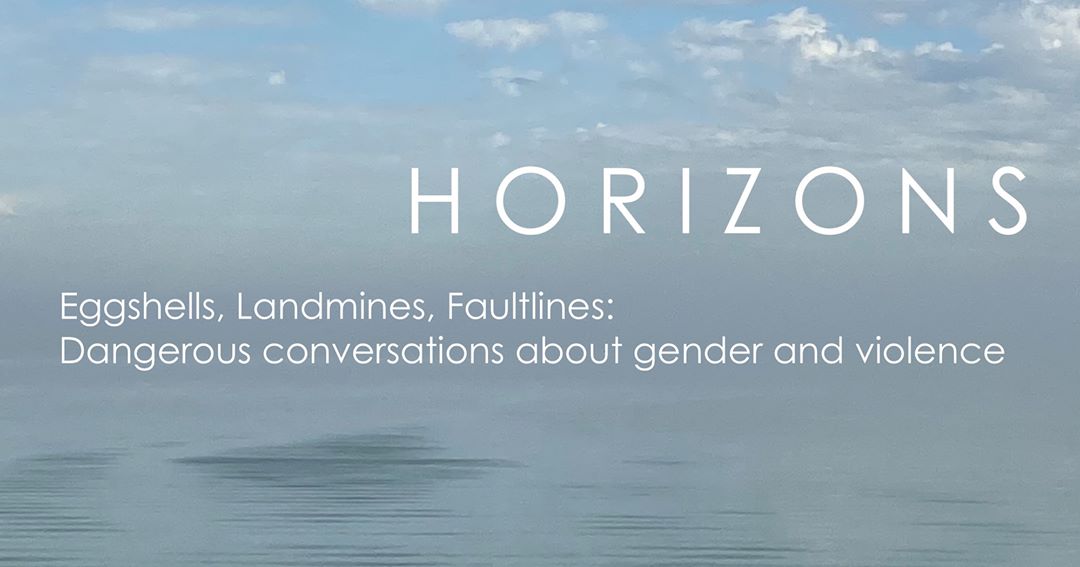
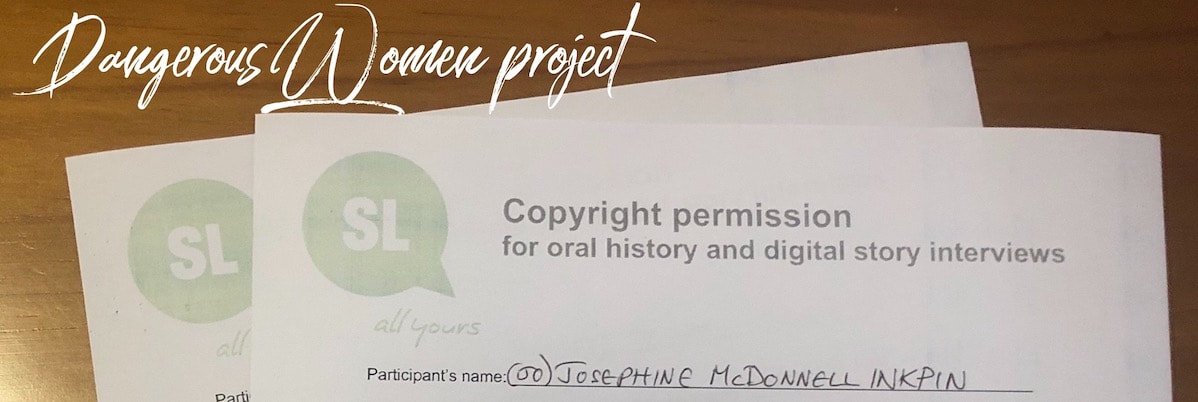
 RSS Feed
RSS Feed